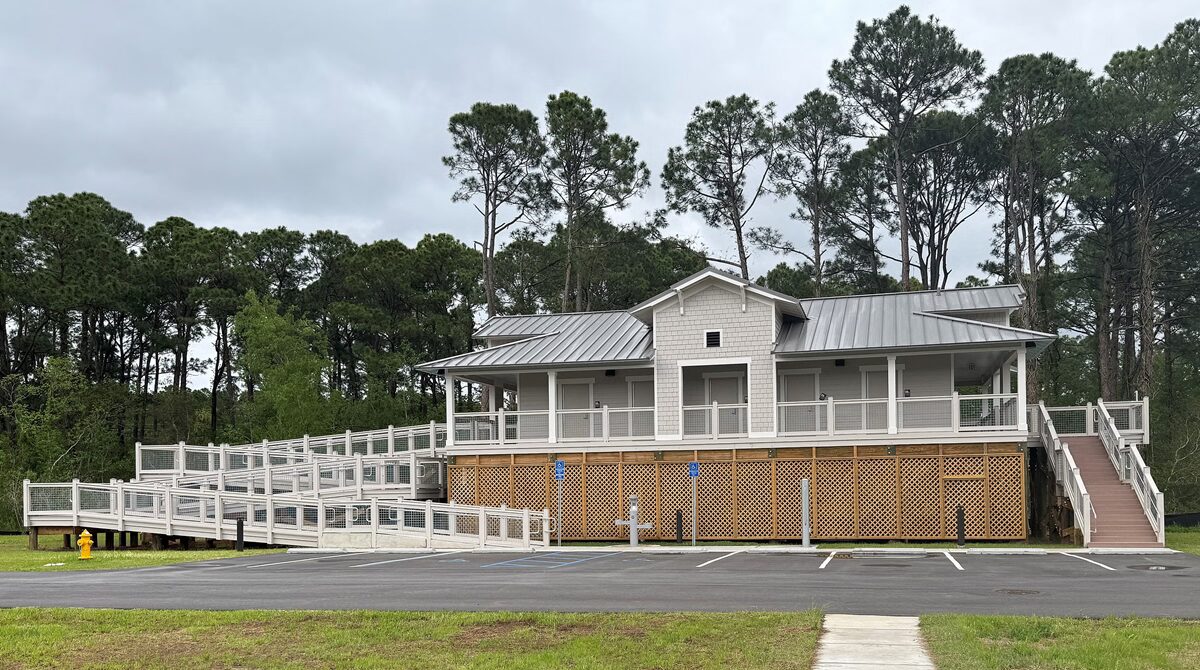University of Alabama launches Gifted Education, Talent Development Office

Dr. Jennifer Jolly will direct UA’s Gifted Education and Talent Development Office. (University of Alabama)
The University of Alabama’s College of Education will help strengthen the state of Alabama’s gifted education programs through the recent launch of the Gifted Education and Talent Development Office.
The office will consolidate all the college’s gifted education research, teaching, service and programming, and offer more professional development for educators and outreach to parents.
Jennifer Jolly, associate professor of gifted education, will direct the office. She hopes to begin outreach by identifying research partners in schools across the state.
“We’ll also begin learning more about schools’ early childhood programs to understand how this fits into our research agenda,” Jolly said. “Identifying children for gifted education at an early age is extremely important, especially for low-income kids.”
The goal of gifted and talented education is two-fold: Identify students who exhibit the potential to develop beyond traditional benchmarks set for children their ages, and add to their curriculum with enrichment and/or accelerated activities and assignments. States and countries allocate varying amounts of resources to gifted education and use different matrices to identify students, which can create disproportional services and programming, Jolly said.
Jolly researched gifted education at the University of New South Wales in Australia for three years and for eight years at Louisiana State University. She said disproportion in services, particularly for racial and ethnic minorities and students from low-income households, is common across contexts, in part, because of an overreliance on aptitude scores.
“I’d also like to get a better sense of what is happening with gifted education across Alabama,” Jolly said. “Anecdotally, from the teachers I’ve worked with in the state, if kids don’t get identified in the second grade, there’s not a lot of looking for them after that. I think the awareness drops off the radar. Those are things that are worth investigating, in terms of views and awareness of what that might look like in later grades, especially in middle school and high school, where kids may have hidden their talents, and are getting to a point in their schooling where they can take classes that they are really interested in.”
Jolly’s research has focused primarily on parents of gifted children and homeschooling of gifted children. She recently published “A History of American Gifted Education.”
Moving forward, the office will offer a variety of materials for parents to access on its website.
“I want them to engage with us because they are so important in the education and success of their children,” Jolly said. “And definitely reach out to parents who may not naturally come to us.”
This story originally appeared on the University of Alabama’s website.








